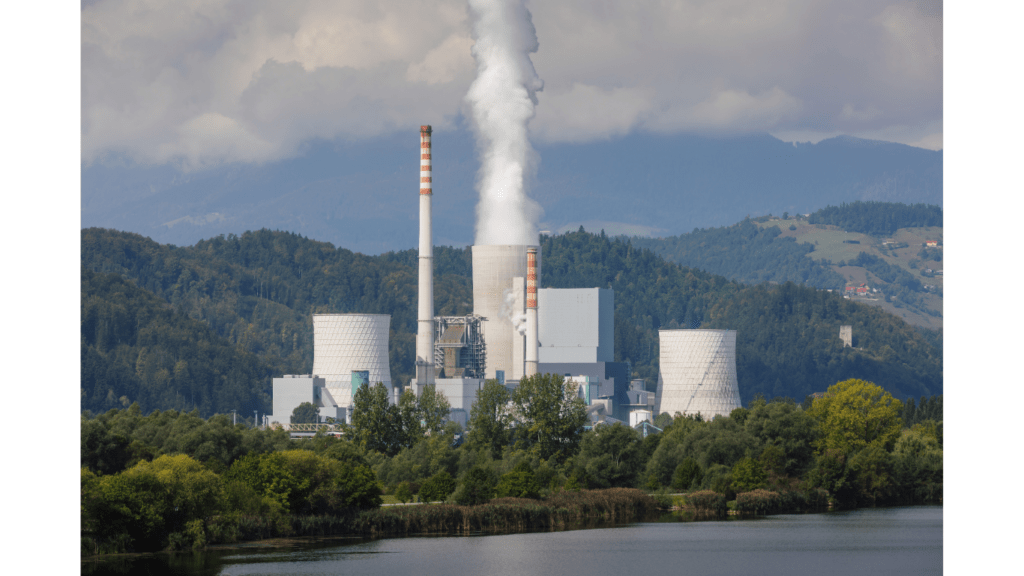Background of the COP26 Summit
The Goals
- At COP26, the primary goal was to unite nations in addressing climate change effectively. The focus was on enhancing commitments to reduce carbon emissions significantly and limiting global warming to well below 2 degrees Celsius above pre-industrial levels, aiming for 1.5 degrees Celsius. The summit aimed to accelerate efforts to reach net-zero emissions by the mid-21st century, emphasizing the urgency of taking immediate action to combat climate change.
The Participants
- COP26 brought together representatives from nearly 200 countries, including heads of state, climate activists, policymakers, scientists, and stakeholders from various sectors. The diverse participants engaged in discussions, negotiations, and collaborative efforts to develop strategies and solutions for mitigating climate change impacts worldwide. The presence of a wide range of stakeholders underscored the inclusive nature of the summit, highlighting the importance of collective action in addressing global environmental challenges.
Key Takeaways from COP26
- As I reflect on the outcomes of COP26, the global climate agreement stands out as a crucial milestone in our collective efforts to combat climate change. The commitments made at the summit signal a significant step towards a more sustainable future. Let’s delve into the key takeaways from COP26 to understand the implications of the agreements reached.
1. Global Climate Pledges
At COP26, countries made ambitious pledges to reduce carbon emissions significantly. These commitments are essential to limit global warming to well below 2 degrees Celsius above pre-industrial levels, with a specific target of 1.5 degrees Celsius. By setting these targets, nations are taking proactive steps to mitigate the impact of climate change and safeguard the environment for future generations.
2. Financial Commitments
One of the crucial aspects of the COP26 climate agreement is the financial assistance pledged to support vulnerable nations in their climate mitigation and adaptation efforts. By allocating funds for climate finance, countries are acknowledging the disparities in climate impacts and committing to providing support to those most affected by environmental changes. These financial commitments play a vital role in ensuring a more equitable and sustainable approach to addressing climate change on a global scale.
3. Adaptation and Loss-and-Damage Funding
COP26 emphasized the importance of adaptation and loss-and-damage funding to help vulnerable communities cope with the adverse effects of climate change. By allocating resources for adaptation measures and addressing loss and damage caused by climate-related events, countries are demonstrating their commitment to building resilience and supporting those most affected by environmental challenges. The agreements on adaptation and loss-and-damage funding highlight the need for coordinated efforts to enhance climate resilience and reduce vulnerabilities in at-risk regions.
4. Carbon Market Rules
Another significant outcome of COP26 is the establishment of carbon market rules aimed at promoting carbon trading and reducing emissions. These rules are instrumental in incentivizing countries and organizations to reduce their carbon footprint and engage in carbon offsetting initiatives. By setting clear guidelines for carbon markets, COP26 aims to accelerate the transition to a low-carbon economy and encourage sustainable practices that mitigate the impact of climate change.
The key takeaways from COP26 underscore the importance of global cooperation and collective action in addressing climate change. The commitments made at the summit pave the way for a more sustainable and resilient future, where countries work together to combat environmental challenges and safeguard the planet for future generations.
Criticisms and Controversies

The Gap Between Pledges and Action
As I analyze the aftermath of COP26, a notable concern that emerges is the substantial gap between climate pledges and concrete actions. While countries made ambitious commitments to reduce emissions and limit global warming, the lack of clear mechanisms for enforcement and accountability raises doubts about the real impact of these promises. Without robust frameworks in place to ensure adherence to stated targets, there is skepticism about the actual progress that will be achieved on the ground.
The Role of Fossil Fuels
Examining the discussions at COP26, the pervasive issue of the role of fossil fuels in perpetuating climate change comes to the forefront. Despite mounting evidence of the detrimental effects of fossil fuel usage on the environment, the reluctance of some nations to phase out coal and other non-renewable energy sources remains a point of contention. The continued reliance on fossil fuels not only undermines efforts to curb emissions but also poses a significant obstacle to achieving the collective goals set forth in the global climate agreement. Addressing this reliance on fossil fuels is essential for genuine progress towards a sustainable and greener future.
The Significance of COP26 in Future Climate Action
Building Blocks for COP27
Reflecting on COP26, one can see it as laying crucial groundwork for future climate conferences. The agreements and commitments made at COP26 serve as foundational building blocks for upcoming climate negotiations. These decisions set the stage for more ambitious targets and actions in the fight against climate change. The momentum generated at COP26 is vital for shaping the agenda of future COPs and accelerating global efforts to address the climate crisis.
Long-term Implications for Global Climate Policy
When considering the long-term implications of COP26 on global climate policy, it is evident that the outcomes will have far-reaching effects. The agreements reached at COP26 will influence the trajectory of international climate policy for years to come. The targets set and the commitments made will shape the actions of nations worldwide in their efforts to combat climate change. COP26 has underscored the urgency of the situation and the need for immediate and collective action to safeguard the planet for future generations.


 Paulina Evansonic is a visionary journalist and media entrepreneur who founded Whisper Wagon Wire, a leading platform renowned for its exclusive insights into top stories, world news, science, technology, and home trends. With a passion for uncovering the truth and a keen eye for detail, Paulina has dedicated her career to providing readers with in-depth, accurate, and engaging content.
Paulina's journey in the media industry began with a strong academic background in journalism and communication. Her early career was marked by her work as a reporter and editor for various prestigious publications, where she honed her skills and developed a reputation for her investigative prowess and commitment to quality reporting.
Driven by a desire to create a more holistic and accessible news source, Paulina launched Whisper Wagon Wire. Under her leadership, the platform has grown to become a trusted name in journalism, known for its balanced reporting and insightful analysis. Paulina's innovative approach has not only elevated the standards of news media but also inspired a new generation of journalists to pursue excellence in their work.
Through Whisper Wagon Wire, Paulina continues to influence the media landscape, ensuring that readers stay informed about the most important developments around the world. Her dedication to truth and transparency remains at the core of her mission, making her a respected and influential figure in the field of journalism.
Paulina Evansonic is a visionary journalist and media entrepreneur who founded Whisper Wagon Wire, a leading platform renowned for its exclusive insights into top stories, world news, science, technology, and home trends. With a passion for uncovering the truth and a keen eye for detail, Paulina has dedicated her career to providing readers with in-depth, accurate, and engaging content.
Paulina's journey in the media industry began with a strong academic background in journalism and communication. Her early career was marked by her work as a reporter and editor for various prestigious publications, where she honed her skills and developed a reputation for her investigative prowess and commitment to quality reporting.
Driven by a desire to create a more holistic and accessible news source, Paulina launched Whisper Wagon Wire. Under her leadership, the platform has grown to become a trusted name in journalism, known for its balanced reporting and insightful analysis. Paulina's innovative approach has not only elevated the standards of news media but also inspired a new generation of journalists to pursue excellence in their work.
Through Whisper Wagon Wire, Paulina continues to influence the media landscape, ensuring that readers stay informed about the most important developments around the world. Her dedication to truth and transparency remains at the core of her mission, making her a respected and influential figure in the field of journalism.
